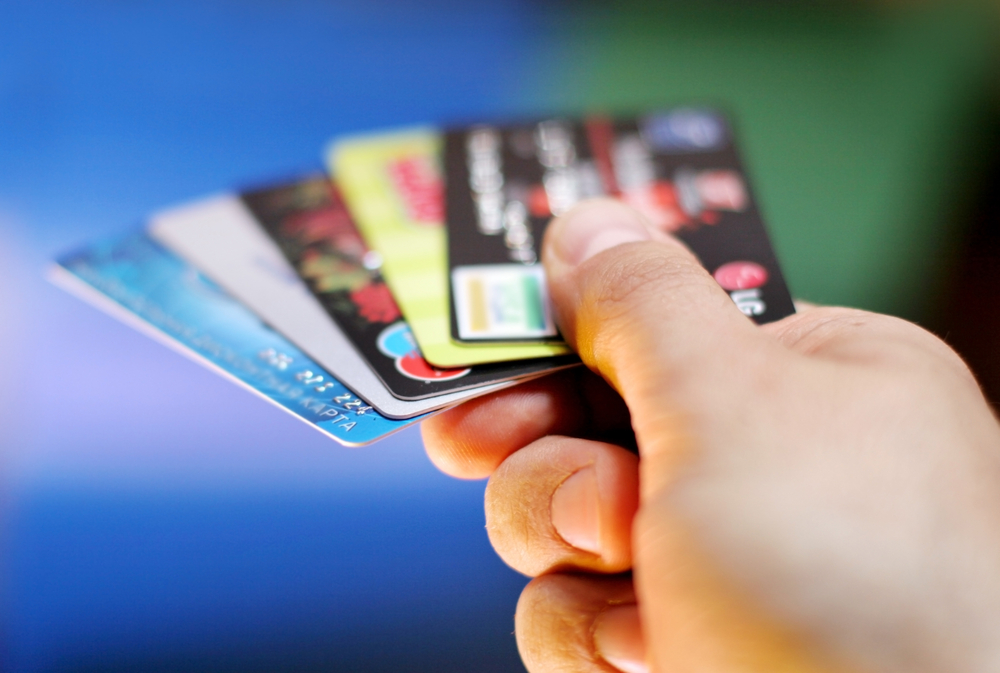Cardholders often refrain from availing multiple credit cards believing that it may push them into a vicious debt cycle. However, what leads individuals towards a debt trap is their lack of financial discipline, not the number of credit cards they hold. Having multiple credit cards may offer additional benefits if you manage them well. Steer clear of these mistakes if you hold multiple cards -
Ignoring Interest-Free Period While Planning Credit Card Spends
The duration between the date of a credit card transaction and the due date of repaying it as per the billing cycle is referred to as an interest-free period. During this period, no interest is charged on credit card transactions, except on ATM cash withdrawals, as long as you repay the entire credit card bill by their due dates. The duration of this period can range anywhere between 18-55 days, based on the transaction date.
If you own multiple credit cards, you can make the most of the interest-free period by spreading your big-ticket spending across different cards based on the residual interest-free period.
Spending Beyond Your Repayment Capacity
Instant credit access and attractive credit card offers and discounts often lead credit card users lacking in financial discipline to spend beyond their immediate repayment capacity.
But failure to repay the entire credit card bill by the due date would attract a steep interest cost of 23-49 per cent per annum, in the form of finance charges. Failing to repay the minimum amount due can additionally cost late payment fees of up to Rs 1,300 per month. Additionally, failing to repay entire credit card dues for several consecutive months may lead to a credit card debt trap. Hence, use your cards wisely and spend only if you can clear the outstanding dues by the due date.
Not Spreading Out Transactions Based on Reward Points
Credit card issuers structure reward point programs, cashback offers, and other card benefits based on the needs of specific consumer segments. For example, a travel credit card would offer higher benefits on travel-related card spends than those offered by shopping or fuel credit cards.
You can accrue higher benefits by spreading out your spending across multiple cards, based on their reward point structure and other associated benefits.
Not Comparing EMI Options and Offers on Various Credit Cards
Many credit card issuers offer no-cost EMI options on select products and services by tying up with merchants, manufacturers, and service providers. Under this option, the interest costs are borne by the merchants and the credit card users are required to just repay the purchase cost as EMIs. However, the GST levied on the interest cost component of the EMI is borne by the cardholder. Some credit card issuers also offer additional discounts to their cardholders upon selecting the no-cost EMI option.
Therefore, you must first enquire with the merchants/service providers about the availability of a no-cost EMI option and then, opt for one offering the best deal.
Failing to Redeem Reward Points Before Expiry
Those having multiple credit cards often miss out on redeeming accumulated reward points before their expiry. If you hold multiple credit cards, it is important that you closely track the expiration date of accumulated reward points and check the reward point catalogue of card issuers. The accumulated reward points closer to their expiry can be redeemed by purchasing vouchers, merchandise, etc. from the partners listed in the reward catalogues.
You can also redeem accumulated reward points to pay off outstanding credit card dues if the card issuers allow you to do so.
Not Setting Reminders to Keep Track of Due Dates
The risk of missing out on the bill due date is higher if you hold multiple credit cards, given that it involves multiple bills having multiple due dates. You can avoid this scenario by setting reminders on your mobile or issue standing instructions to banks. Additionally, you can also check out apps and wallets offering credit card bill repayment facilities. Such platforms send bill repayment reminders to users.
The author is Senior Director, Paisabazaar.com
DISCLAIMER: Views expressed are the author’s own, and Outlook Money does not necessarily subscribe to them. Outlook Money shall not be responsible for any damage caused to any person/organisation directly or indirectly.









